|
You've just purchased a home, secured a standard homeowners insurance policy, and feel good about protecting your financial risk that comes with owning a home. But do you know what your standard policy covers and what common endorsements you should consider adding for your circumstance? An endorsement or rider is an addition to a standard policy that covers specific risks or enhances existing coverage. Here are some of the most common endorsements: The end of May marks the end of the school year for teenagers, and they'll be looking for things to do during summer break.
Teen driving will be a common element whatever activities they choose, so you'll want to be certain they're insured...but how do you do that without breaking the bank since they're considered high-risk drivers? Here are 5 strategies that can potentially lower your auto insurance premiums if you have a teenage driver. Did you recently sell your house and will be moving your possessions? Does your current homeowners policy cover it or do you need additional insurance to cover your contents?
And, does it matter whether you hire movers or do the move yourself? If you've followed my posts, you know by now that insurance coverage might vary with insurers and state/federal laws. You may need to purchase an endorsement to your homeowners insurance policy or special moving insurance. Here are a few general tips to consider BEFORE you schedule your move: Is your stored personal property adequately insured?
May marks the beginning of peak moving season, and many will need to store personal property off-premises as part of the moving process. There are numbers of possible storage options, and insurance coverage can be impacted by the option you pick. Here are some things to keep in mind to make sure your property is protected: Laws vary by state, and you're not required in Georgia or South Carolina to have insurance on your personal vessel.
However, there are certain situations that may require you to have a boat policy: What does your homeowners insurance medical pay cover?
Scenario: Your friend comes over for dinner. As she was coming into the house, she trips and falls and also knocks you to the ground. Your friend was carrying a glass casserole dish, and gashed her hand. You landed squarely on your kneecap, and you felt immediate pain. As an overview, your homeowners medical pay insurance applies to expenses related to injuries of others not living in the household, regardless of fault. In the case above ... With Memorial Day holiday festivities coming up, it can be a challenge to find parking nearby an event...and even if you find a spot, it may be limited time parking.
Maybe the parking police won't notice I parked illegally, you think. But they did, and you were ticketed for the infraction. Will this affect your auto insurance premium? Surprisingly, your credit score IS one factor that can influence the price you pay for homeowners insurance coverage but why and how does it affect your premium?
If you're a homeowner and have a golf cart, it's important to understand the insurance coverage you need to protect yourself, others, and this vehicle. This is particularly crucial if you plan to drive your golf cart off your property or on public roads.
In general, your homeowners insurance covers the vehicle under the following conditions: Scenario: A severe wind and rain storm caused your home to flood. Will your homeowner's insurance cover the water damage?
Would you like to lower your homeowners insurance premium?
Here are 7 lesser known ways that might apply to you. There is plenty of attention given to steps to take before an anticipated storm to reduce the potential for damage and the need to file an insurance claim.
But, less focus is on steps to take AFTER a dangerous storm to reduce personal injury and property damage. A recent study after a tornado in Illinois confirmed that 50% of physical injuries were suffered after the storm when completing post-storm tasks. Any bad storm can damage power lines, electrical systems and gas lines that put may put you and your property at risk of fire, explosion, or electrocution. Here are 10 examples of steps to take after a bad storm: Storm season is underway and has already caused substantial damage over large areas of the south. There are things you can do ahead of time to minimize potential weather-related damage.
Here are 7 tips you can do quickly that can have a huge impact on minimizing weather-related damage and preventing the need to file insurance claims. Have you experienced unusually windy days in recent months? The wind combined with recent rainy days has created the potential for trees to uproot and fall, as happened at the Masters Golf Tournament.
Did you know in 19 states, a general homeowners insurance policy does NOT cover wind damage? |
AuthorDennis Lam Archives
July 2024
Categories
All
|
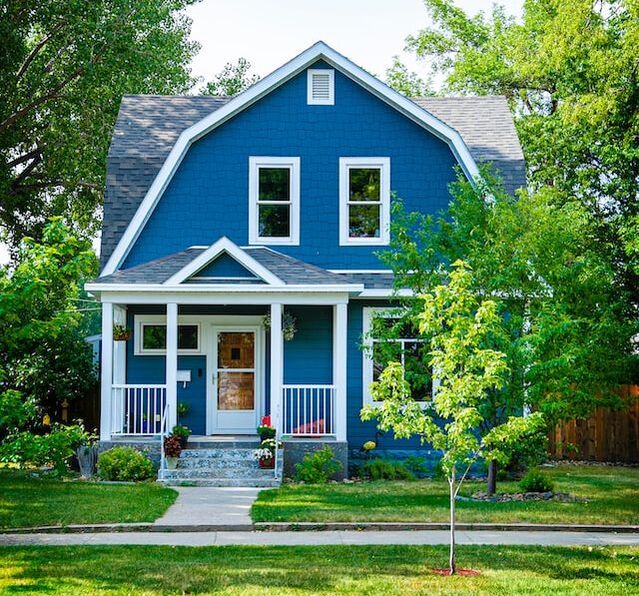

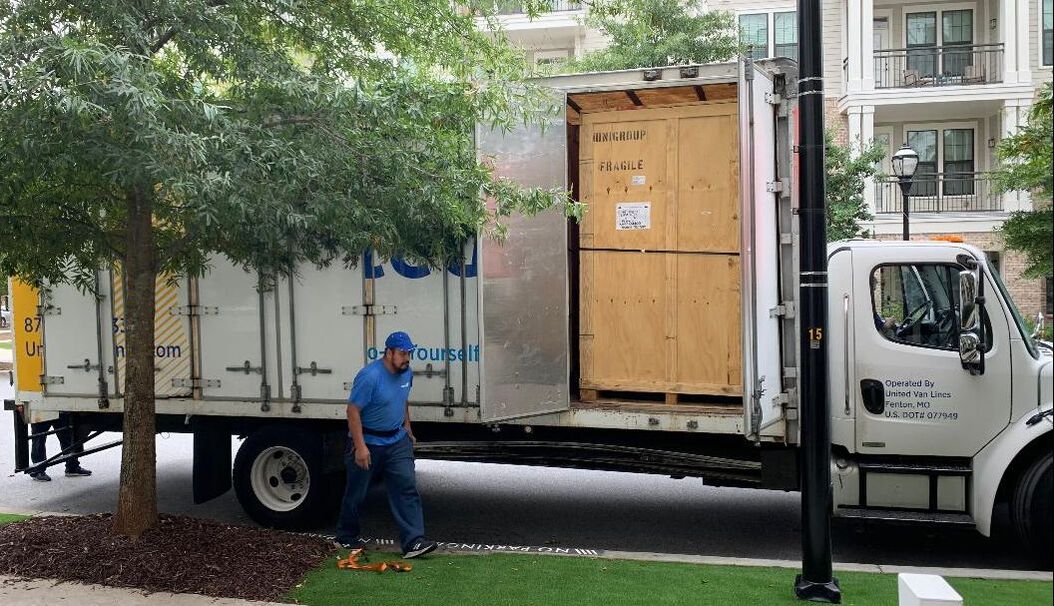
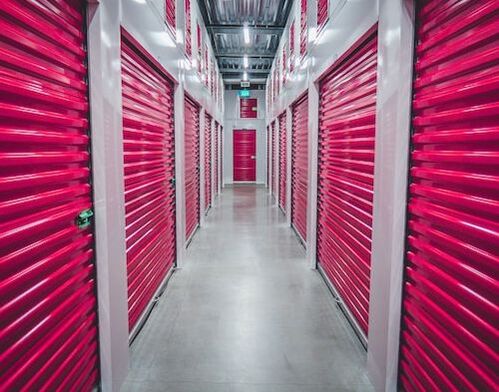

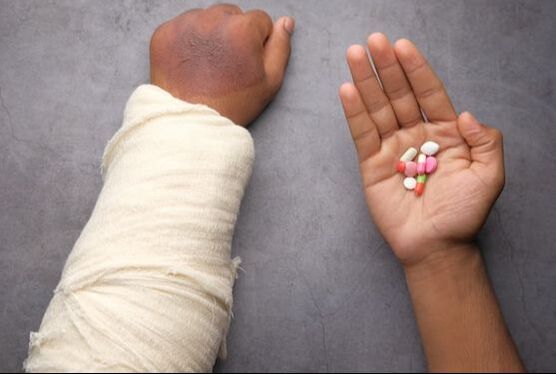
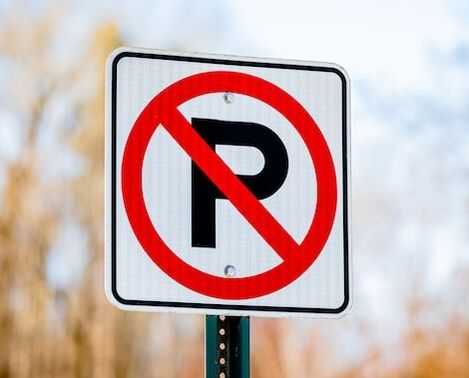
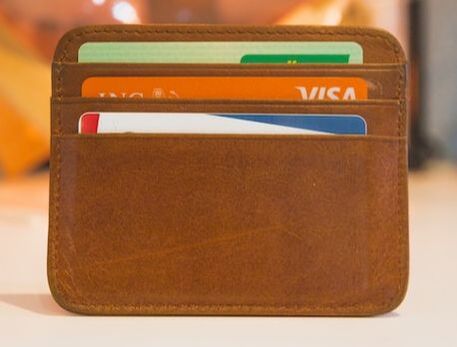
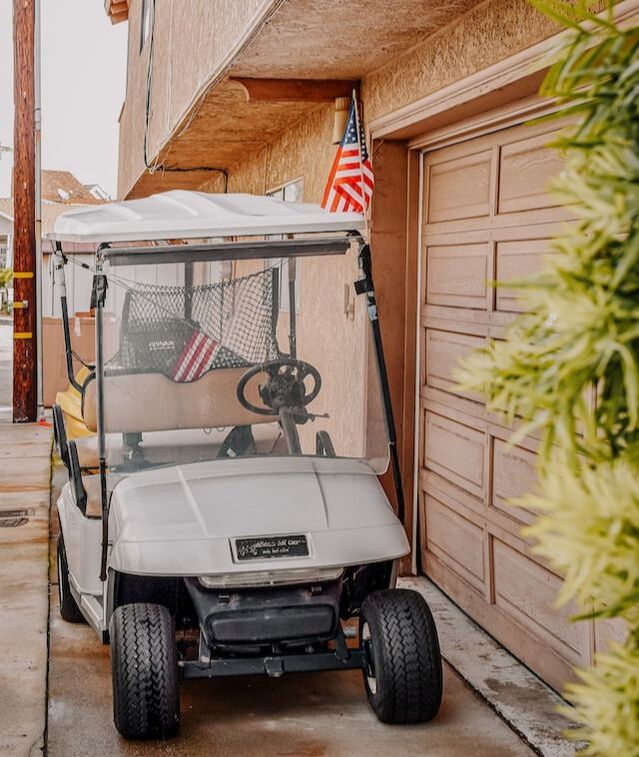
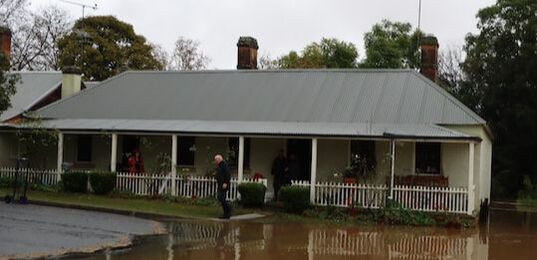
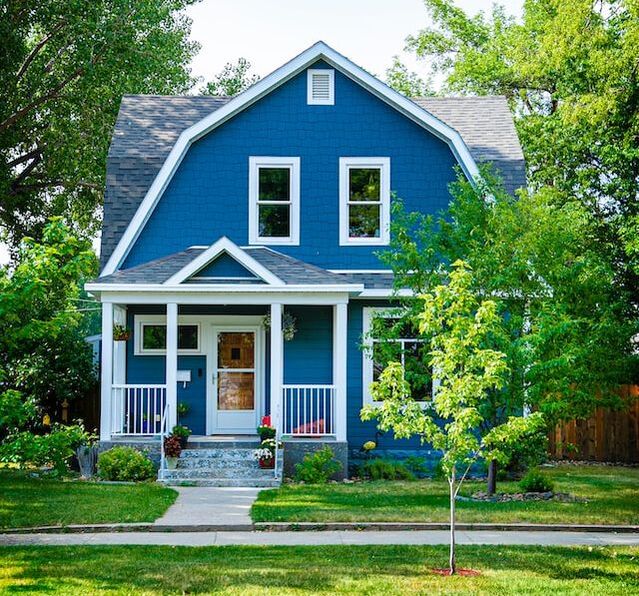
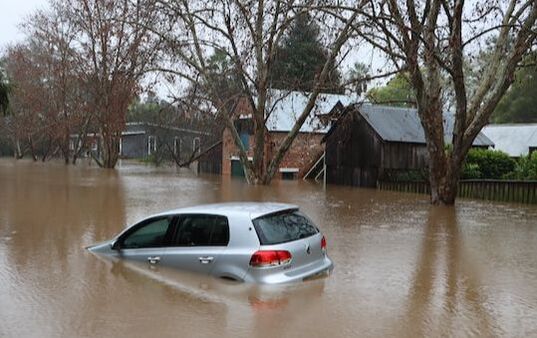
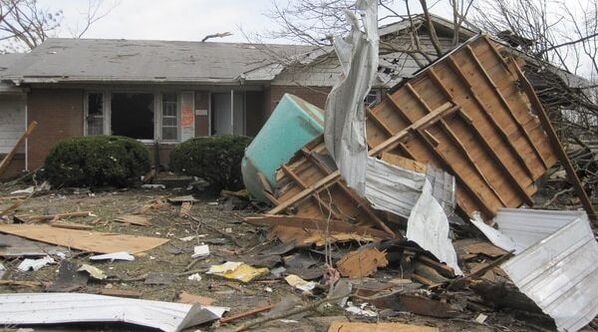
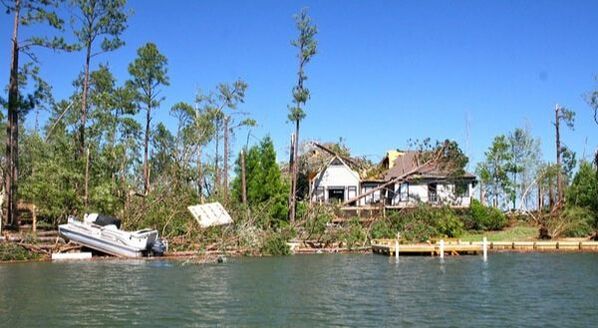
 RSS Feed
RSS Feed
